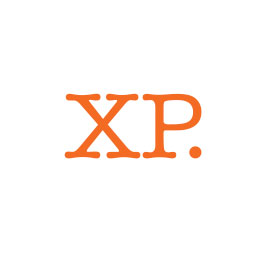We have the highest expectations of all our students that go way beyond the National Curriculum and qualifications, to include skills, competencies and knowledge crucial to life, university and career readiness.
However, in terms of qualifications, we aim for 100% of our students gaining the equivalent of 5 A*-C GCSEs including English and Maths, and 100% of our students gaining the English Baccalaureate. We know that in reality, there will be some issues we cannot overcome, so the actual figure will be a few percentage points off this target.
More importantly though, we aim for 100% to be able to go to university. We recognise that for some students, this may not be their chosen path, but we see no reason why any of our students should not have the opportunity and option to go to university either straight after graduation, or in the future.
